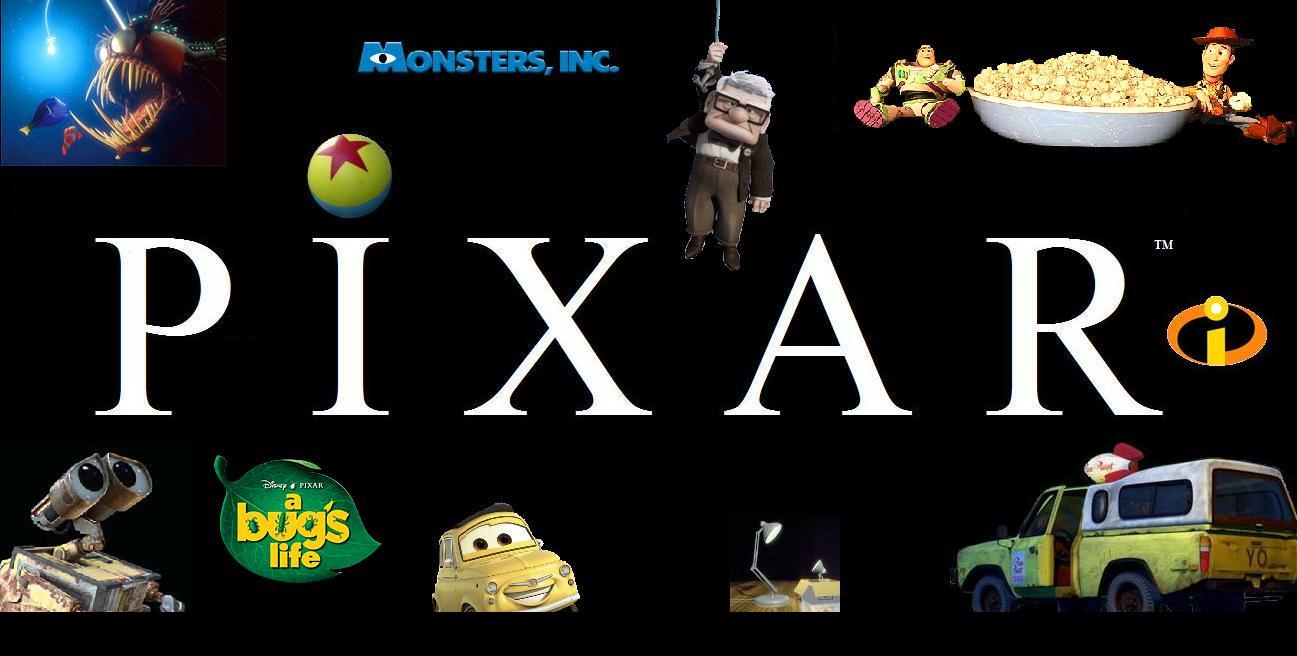How to Improve Your Sermons With A Feedback Team
One of the best books I’ve read recently is Creativity, Inc. by Ed Catmull, the CEO of Pixar.

While it’s certainly not a preaching book, I came across an idea that I recently leveraged in a sermon series at Gwinnett Church.
It’s an idea called The Brain Trust. As you know, Pixar has this amazing streak of producing Academy Award winning animation films. Every one of their movies has immediately opened at #1. That’s the good news. The bad news? Think of the pressure on the next director.
Ed writes in the book, “All of our movies stink in the beginning.”
This is where the Brain Trust comes in. It features a small team of people like Ed, Creative director John Lasseter and a few others. The director of the latest film in production meets with them to pitch the movie idea and share the latest plot details. If you don’t like honest feedback, then being a movie director at Pixar might not be the job for you. Because honest, candid and encouraging (if warranted) feedback often ensues.
Ed then makes an interesting point. “The director that can separate their identities from the movie and see the feedback as constructive instead of a personal attack, those are the directors that succeed here.”
I was fascinated by this process, so much so that I applied it to a series I did on Psalm 23 called LIKE. I gathered our service programming team together and preached the entire sermon before them. Granted, there were times when I would stop and say, “Okay, now at this point I’m going to make this transition…” The point wasn’t to preach a flawless sermon. Flawless sermon? Do those exist? Anyway, the point is to give them enough of an idea of the content, delivery and transitions so that I can get feedback to help improve the sermon.
It was extraordinarily helpful on two fronts. First, this process helped me sharpen, edit and shift content around. Some illustrations got moved to other weeks. Some were deleted. I tried out jokes and different sermon illustrations. If no one in the room laughed, then I assumed no one would at church. They gave me great ideas on sharpening my transitions. The second benefit was unintended but extremely helpful, our Music Director got a clearer perspective on the content and it helped him shape his worship selection. This was just one of many benefits of the team knowing in greater detail the direction of the sermon.
This obviously requires you to be prepared a few weeks out. The good news is at Preaching Rocket we teach you how to first get five days ahead, then three weeks ahead. Try it free for 7-days to see how it can help you preach better sermons.
That’s the latest tool I’ve been using to help me preach better sermons. How about you? What’s the latest tool for you?
